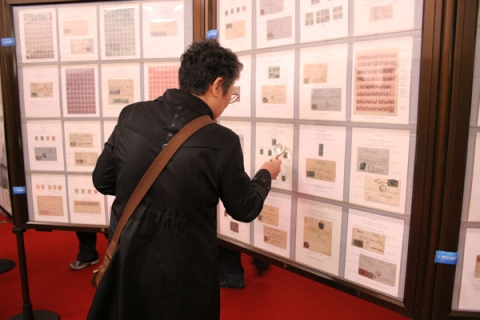Thailand Reports Strong Performance for First Nine Months of FY 2011-2012

The Thailand Convention & Exhibition Bureau (TCEB) reported strong performance for the first nine months of fiscal year 2011-2012.
From October 2011-July 2012, the industry experienced significant growth, according to TCEB officials.
Part of that growth came from Thailand’s win of bids to host three megashows, including the AFECA AGM 2012, Inter Expo 2012 and World Stamp 2013.
The strong positive trend in the exhibition and trade show industry in the first three quarters are the result of continuous economic growth in Thailand and the country’s strong potential as the region’s hub for this business, TCEB officials said.
For the rest of the fiscal year and continuing into 2013, TCEB will focus its effort in promoting the business among the five Greater Mekong Subregion member states, including Myanmar, Lao PDR, Vietnam, Cambodia and Yunnan in the south of China.
TCEB will promote Thailand as the mainland of GMS with three strategies:
1. Coordinating with the governments of GMS states in promoting and supporting international exhibition industry.
2. Attracting more businesses from Yunnan to Bangkok and Chiang Mai as Yunnan is closely linked to the economic corridors of the GMS.
3. Promote and support marketing activities for the GMS region.
TCEB expects Thailand’s MICE industry to attract approximately 750,000 visitors to the country.
This is expected to generate as high as Baht 60,120 million income to the industry.
Thai goods exhibitions alone are expected to attract 80,000 foreign exhibitors to the country, generating approximately Baht 8 billion to the Thai economy.


Add new comment